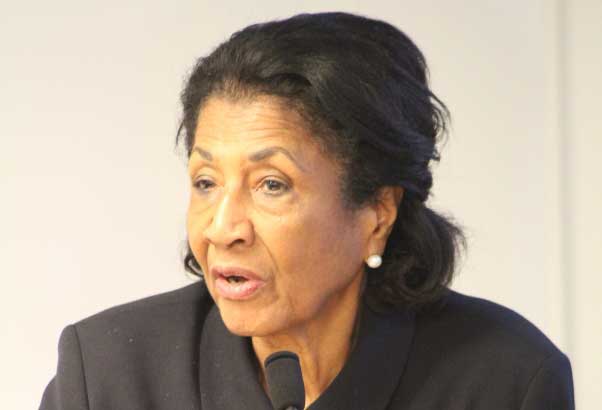It is said that behind every successful man is a strong woman. If that adage were to be applied to organizations, it would be an apt description of Patsy Robertson’s 30+year tenure, first as Press Officer and later Spokesperson of the Commonwealth Secretariat and its media Director. Patsy Robertson died in London on August 18, 2020, just over a week shy of her 87th birthday. Long retired from active public life, her passing went largely unnoticed until an excellently written obituary by Victoria Brittain in the UK Guardian a week later, reminded readers of the role she played in helping to change the world by mobilizing Commonwealth opinion against Apartheid, resulting in the freedom of Nelson Mandela and the eventual dismantling of the evil system in South Africa. When the full history of the struggle to end apartheid is written, the name Patsy Robertson will be highlighted as one of the principal architects of its demise.
As the official spokesperson for the Commonwealth and Director of Information at the Commonwealth Secretariat, Patsy Robertson is credited with helping “to shape a new UK mainstream narrative that Apartheid could not be reformed but instead, had to go.” The Guardian obit tells us that Patsy’s vast network of journalists were briefed on the realities hidden behind misinformation by South African officials as she facilitated discreet meetings for journalists and politicians with Opposition leaders from South Africa and anti-Apartheid voices from Scandinavia to Hollywood. So while Britain’s Prime Minister Margaret Thatcher was calling the African National Congress (ANC) ‘terrorists’ and refused to meet any of the internal opposition who went to London, Patsy and the Secretariat led the English-speaking media into turning the tide of opinion within the Commonwealth and the wider world thus isolating Britain and Margaret Thatcher.
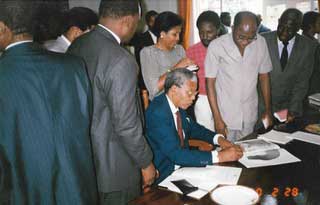
Patsy Robertson’s pro-active stance against Apartheid and the later causes she championed were not those of a run-of the-mill journalist or of your typical press officer or adviser but was born of a deeply held abhorrence of all kinds of inequality and injustice developed even as a young woman growing up in colonial Jamaica. In a year 2000 interview with Hakan Thorn, she spoke of Jamaica’s history of colonialism and rebellion. In her words she:
“ . . .. grew up with a strong feeling that you simply had to fight against inequality, with strong feelings against unfairness, strong feelings that you’ve got to do something about injustice – that you’ve got to stand up for yourself. That I think, is very much a Jamaican characteristic.”
Patsy Robertson’s Jamaican Years
Patsy nee Pyne was born in Malvern, St Elizabeth parish on August 28, 1933, the fifth child of eight to Ina Weston, a teacher and Austin Pyne, the legendary headmaster of Glengoffe Secondary School in St Catherine parish. Her mother’s family were the Bents, Westons and Blairs of Malvern and Top Hill in St Elizabeth and after her marriage to Scotsman Calum, she kept the maternal family name ‘Blair’ along with her married name Robertson. Having lost her mother when she was only eight, Patsy was brought up by her dad, Austin, who later remarried Pearl Dunbar, a beloved stepmother to Patsy. Teacher, Austin, had a reputation as a philanthropist, having started a loan bank and who spent time coaching poor children to prepare them for entry to colleges in the US. In 1945, Patsy was a recipient of one of only eight scholarships awarded for entry to Wolmer’s Girls School in Kingston, where sisters Kathleen and Helen were also educated.
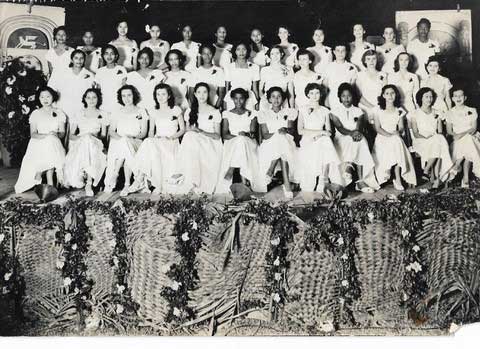
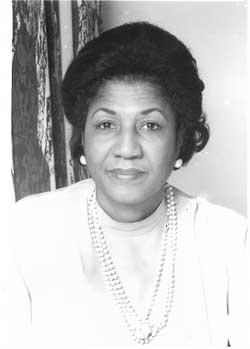
Patsy’s first exposure to journalism was as a reporter for Jamaica’s premier newspaper the Daily Gleaner. She was in fact one of the first women along with Barbara Gloudon nee (Goodison) to be employed in its editorial department, straight out of school, at age 18, thus breaking into the ranks of what had hitherto been, an exclusive male domain. She spent two years at the Gleaner before leaving for the US in 1953 where she studied Journalism and English at New York University, graduating four years later as the first West Indian with a degree in Journalism from that institution. Her university years in the US, including a stint working with the Pittsburg Courier and living in Greenwich Village where she came to be associated with figures like James Baldwin, served to heighten a social consciousness in Patsy that was a latent part of her Jamaican upbringing. In that 2000 interview she expressed shock at the inequalities and racism she had observed in New York which is when she decided that the US was not the country for her. Her words in that interview bear a prophetic ring heralding US of today, 45 years later:
“ At 20 years old, I thought that one of the greatest tragedies of humanity is the fact that America has never lived up to its constitution, never promoted true democracy either at home or abroad. And they were oblivious to the fact that they lived in a deeply flawed society which did not live up to the ideals which they professed to revere.”
Instead of returning to Jamaica as she had planned, Patsy travelled to the UK enrolling at the London School of Economics to do International Relations which she never completed, opting instead to take a lowly paid job at the BBC working in the newsroom of the World Service which was something of an achievement for a woman and a black one at that! With Jamaica’s achievement of Independence in 1962 and the setting up of a High Commission in London, Patsy became its Press Officer.
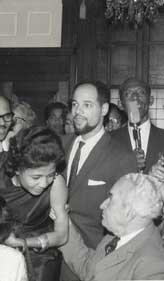
The turning point of her illustrious career came in 1965 when the newly appointed Secretary General of the Commonwealth, Canadian, Arnold Smith recruited Patsy as the Secretariat’s first employee, as press officer. According to Smith, he had met her at a reception in Jamaica hosted by Hon Donald Sangster after a meeting of Commonwealth Finance Ministers in September 1965 and was clearly charmed by her. As her stature increased, within the Secretariat and among the media fraternity, she was made the Official Spokesperson for the Commonwealth from 1983 to 1994 and its Director of Information from 1988. Eulogised by the Guardian as “a brilliant communicator whose clarity and charm came to be trusted by the media, politicians and Buckingham Palace”, an early indication of Patsy Robertson’s people skills and charm can be gleaned from this report by the Gleaner’s correspondent in London on March 2, 1969:
Writers from 30 or more countries have been warm in their praise of a Jamaican, the best ambassador, or so many say, the island could send to a difficult corner of the Commonwealth, the Secretariat at Marlborough House in London. Mrs Robertson helped many of the 730 journalists, TV commentators and cameramen for the 16th Commonwealth meeting. The grumblers, doubters and the heartsore, turned into the Press Centre where they were greeted by head of the Press Section ‘vivacious, swift-reflexed’ Patsy. She knew the answers. The journalists, male and female smiled their thanks and went away mollified.
When she retired from the Secretariat in 1994, Patsy continued her association with the Commonwealth as Chair of the trustees of the Ramphal Institute, and her links with the journalism community as a member of the Commonwealth Press Union Media Trust and a Trustee of the Thompson Foundation for the training of journalists. Indeed, it was her outstanding media skills that led the UN to appoint her as its Senior Media Adviser for the World Conference on Women in Beijing in 1995 and again for Beijing+5 in 2000. On these occasions, Patsy’s experience and media savvy were put to full use, as she applied them to highlight topics from women’s leadership roles to women’s poverty and the status of widows. Not to be outdone, UNICEF also recruited her to be its senior media adviser at the UN General Assembly on Children in New York in 2001/2002. The anti-Apartheid activist of three decades had successfully added advocacy of women’s and children’s rights to her considerable achievements as an international civil servant.
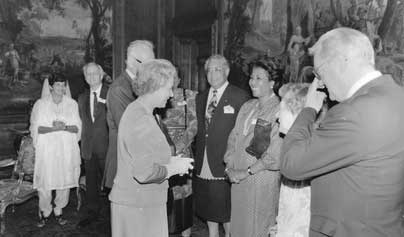
Although Patsy Robertson left Jamaica in 1953 and never returned to live for the remaining 67 years of her life, she remained ‘Jamaican to the bone’ right up to her passing. Her cousin, attorney-at-law and former Chairperson of the Electoral Commission of Jamaica, Dorothy Pyne-McLarty revealed that Patsy was a regular return visitor to Jamaica, usually in the last two weeks in January to reconnect with family and old friends and colleagues like Barbara Gloudon.
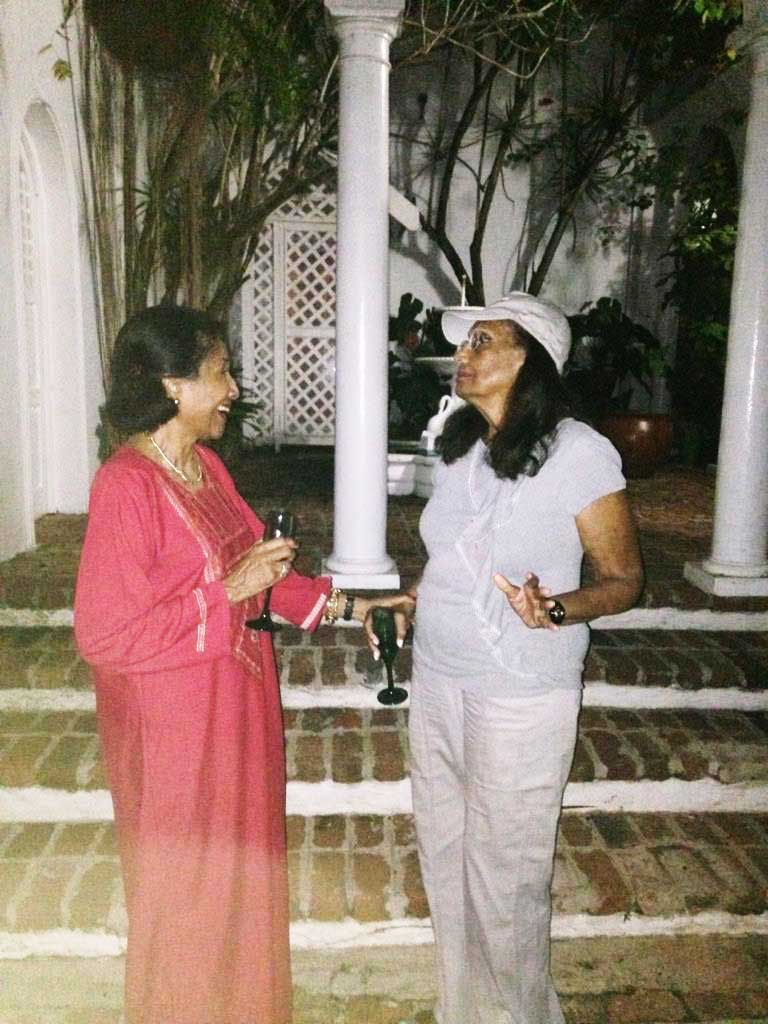
Speaking to jamaicaglobalonline from London, Patsy’s son John, describes his mother as a Jamaican patriot who refused to change her citizenship until well into the 1980s. According to John, she always complained that he had become too de-racinated and wasn’t Jamaican enough. He is determined to honour his mother’s wish for her ashes to be flown to Jamaica and scattered at the family home in Glengoffe as soon as the global health crisis allows.
Note: All Photos courtesy of John Robertson


